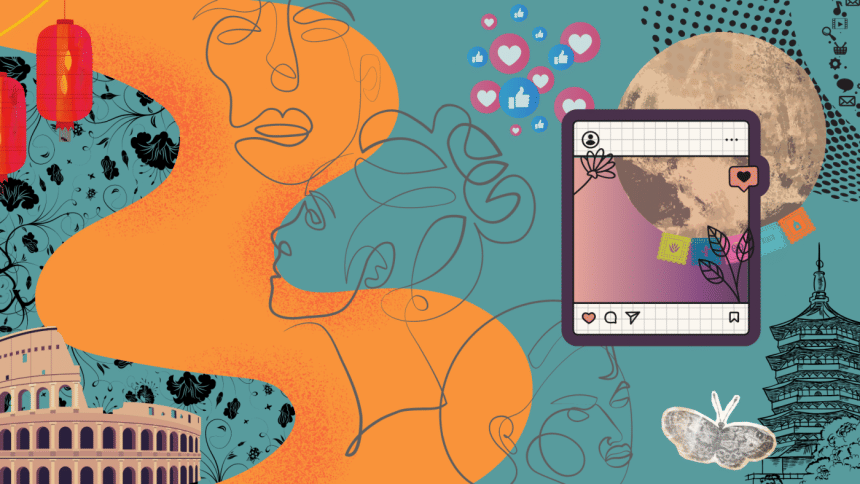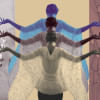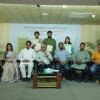What it means to be cultured

Let us assume, Hasan, a man in his early fifties, found himself pondering over what his daughter, Pori, could have meant when she used the word "slay" in response to him finally getting his car washed. His daughter had meant no harm. He resorted to the urban dictionary and caught up with the word "slay".
Later that day when his daughter let him know that she finished reading the book he had given him, Hasan replied with not only a "slay" but a "slay girl". His daughter, stunned, replied, "Wow, Baba you have become cultured!"
So, Hasan became "cultured".
Earlier, his daughter had become cultured too. In Hasan's mind, Pori had become cultured when she took upon reading his favourite author, Fyodor Dostoevsky.
They are now both considered cultured by each other, but for very different reasons. While one has mastered the art of using the Gen Z lingo, the other has started their journey into the literary classics. What this actually shows is that being considered cultured is a very subjective matter, depending on the person you are being labelled by.
Pori identifies as an ideal member of the contemporary society and in the contemporary context where culture might be depicted through hints about pop culture or current events. Thus, for Gen Z, culture often consists of the subtle references to pop culture or all that is trending, the things that are widespread on the internet, the memes, and the popular vernacular.
Hasan's views, on the other hand, hint at his preferences in the arts or literature, and he labels people depending on how much they have read or know about literature and the outside world.
While being cultured probably started out as having enough education or knowledge on a subject, these days it has evolved into a much broader idea, mostly referring to individual preferences. We might give definition to it based on our identities, beliefs, hobbies, and social notions we lean towards.
Gamers sometimes consider themselves cultured when compared to people who don't game, gamers might even address others as a "normie". However, even among gamers there are criteria you need to fulfil in order to be considered cultured. It might depend on the genre of the game you are playing or if you are up-to-date with the world of gaming.
In music, a metalhead might consider someone who knows the classic metal bands or singers to be cultured. That definition would again not sit right with someone who is into indie music.
Furthermore, we can see in our Bangladeshi context, identifying with the roots and culture of the land, embracing its various cultural sentiments can be considered being cultured. To some it might mean savouring the traditional daal bhaat and aloo bhorta. For others it may be subscribing to the traditions and festivities.
Ultimately, what we must keep in mind is that the concept of being "cultured" has no objective truth to it, and is completely subjective. Thus, one's own identity and perception is what defines what they view as being cultured.

 For all latest news, follow The Daily Star's Google News channel.
For all latest news, follow The Daily Star's Google News channel. 








Comments